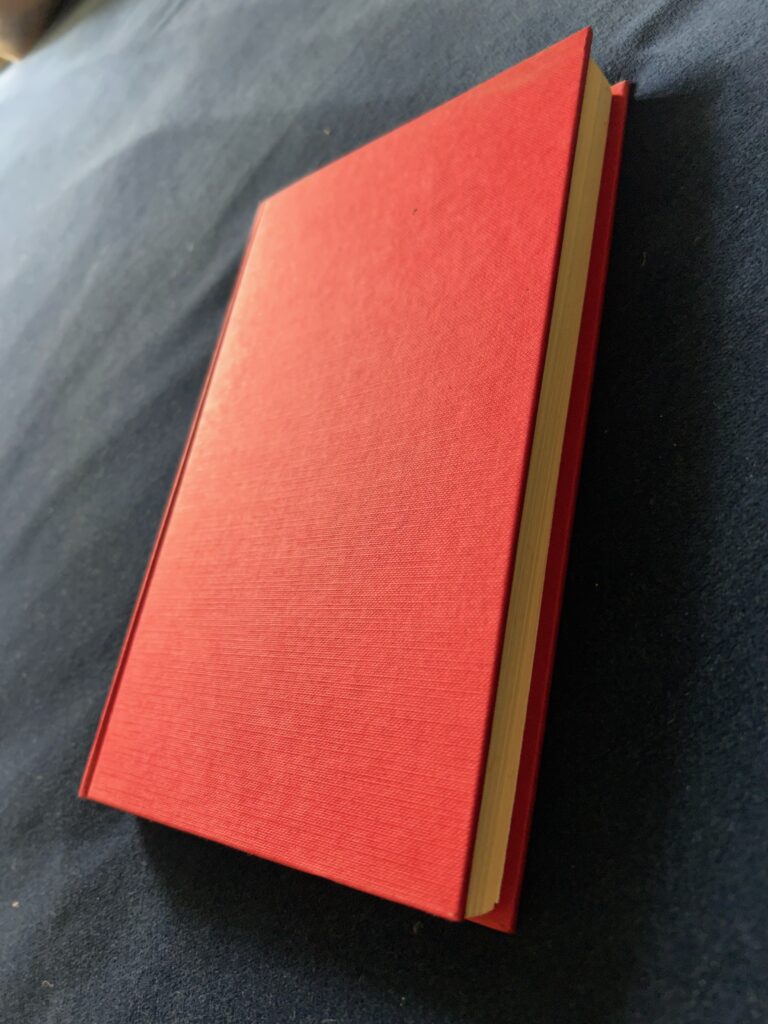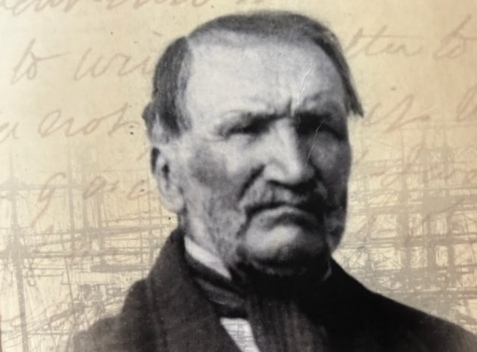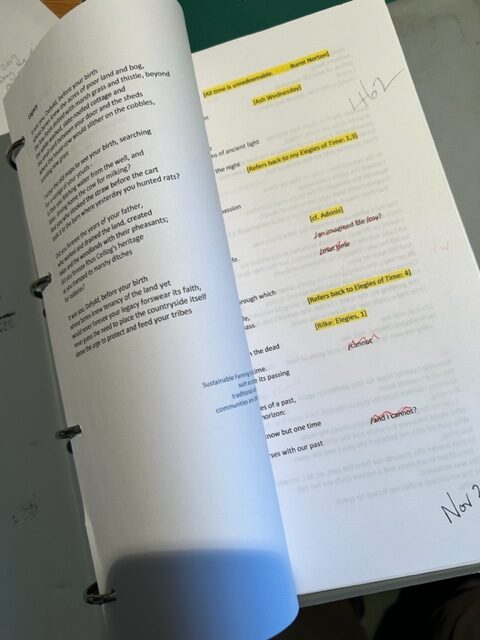
I have just finished curating a selection of my poems into my next collection – Lost Time, and am now pondering the idea of writing a short introduction. Maybe this will be its first draft! The poems are arranged through six themes:
Covid – Place – Sea – Writing – Memories – Time
although it would be fair to say, and intentional, that the edges to the themes are blurred. To the extent that during the process I have once or twice moved a poem from one section to another. It is also fair to say that the distant shadows of lost love and passing time hang over the entire collection – lightly, I hope.
Time has always fascinated me. Aristotle said that Time is the measurement of change and the idea that, as Professor Carlo Rovelli wrote (The Order of Time, Penguin, 2019) of Einstein’s fourth dimension, “time is memory” and again “time is ignorance” or even, somewhat philosophically, “we are time” was at least in part what underlies the long Elegies of Time which comes near the end of the book. But I will write more about that poem after the book has been published.
If you have been with me over a period of time that is long enough for you to have at least dipped into my other writings, you will have come across my ‘fixation’ with the horizon, a fixation which I have always ascribed to my time at sea. Interestingly, I learn that Heidegger identifies the internal consciousness of time as the horizon of being itself. I like that: in a simplistic way I have seen myself as standing at the horizon (I know, I know – you cannot stand at the horizon as – like an understanding of time – as you move towards it, it remains distant from you)… seen myself as standing at that magical line that does not exist, with my future flowing towards me and my past dropping away behind me over the horizon.
So, Lost Time: a few angry or resigned poems about Covid. Then, moving into the collection, place – mostly Wales but not entirely so – gives way to the largest group – poems about or reflecting the sea. Beyond their horizon (horizons?), you come to poems about writing and about memories, which seem to lead – at least in my mind – to poems on time. The light-hearted Killing Time (which is prefixed, appropriately enough, with a quotation from Rainer Maria Rilke, The Duino Elegies: “For staying is nowhere”) is about waiting to go into the auditorium from a theatre cafe, and leads into the long five-part Elegies of Time. Unredeemable Time picks up the theme and the short Creation combines time with earlier themes: memory and writing. The Departed makes a fitting end to both the theme and the collection.






